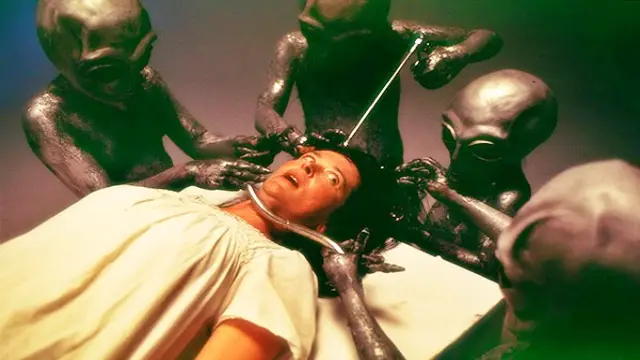Posted on December 25, 2021
Key Points
This is an update of my post published on December 25, 2010:
This is my favorite holiday! I love arranging our collections of nutcrackers and Santas and snowmen, I love the beauty of twinkling lights on a great-smelling and highly decorated tree, and of course I especially love getting together with family for food and gifts and fun.
Part of the fun is getting ready—finding special treats that my grandkids will love, baking our family’s favorite cookies, counting down the days on an advent calendar.
Even though I love Christmas, I understand why some people bemoan the commercialism of the holiday, and why some people who are not Christians or who (for whatever reason) do not celebrate Christmas feel left out or even irritated by the pervasiveness of Christmas in the U.S.
 |
| I like to buy the occasional Christmas decoration, but I often make my own, as well. I love having an eclectic – one might say mixed-up-looking collection of decorations! |
Christmas hasn’t always been around!
 At the beginning of the religion of Christianity, there was no such holiday as Christmas. There is no good reason to think that Jesus of Nazareth was born on December 25; as a matter of fact, there is no indication in the Bible of what day, month, or even season Jesus was born. When 4th-Century Christians (in other words, people who lived hundreds of years after the writing of the Gospels and other parts of the New Testament) decided that it would be nice to celebrate Jesus’s birth as well as his death (and re-birth, according to believers), any date seemed equally likely or unlikely. So Pope Julius I chose a time of year that was already a time of fun and celebration, at the end of the Roman festival of Saturnalia, near the Winter Solstice.
At the beginning of the religion of Christianity, there was no such holiday as Christmas. There is no good reason to think that Jesus of Nazareth was born on December 25; as a matter of fact, there is no indication in the Bible of what day, month, or even season Jesus was born. When 4th-Century Christians (in other words, people who lived hundreds of years after the writing of the Gospels and other parts of the New Testament) decided that it would be nice to celebrate Jesus’s birth as well as his death (and re-birth, according to believers), any date seemed equally likely or unlikely. So Pope Julius I chose a time of year that was already a time of fun and celebration, at the end of the Roman festival of Saturnalia, near the Winter Solstice.Some Christians do not celebrate the holiday because of the shaky historical origins of the chosen date (or for other reasons). Puritans who first settled the New England area were opposed to the holiday, and celebrating Christmas in Boston was actually against the law from 1659 to 1681.
After the American Revolution, many English customs—including the Christmas holiday—became less popular, and the first U.S. Congress after the ratification of the Constitution, December 25, 1789, Congress was in session.
Christmas was not declared a federal holiday in the U.S. until 1870.
For more on Christmas, check out other December entries and entries from other years (in the “Also on this date” section below).
Also…
In the Republic of Congo, it’s Children’s Day, and in both Angola and Mozambique, it’s Family Day.
What these three African nations have in common is a relatively recent time of Marxist government. During the Marxist regimes, Christmas Day was changed to Children’s or Family Day celebrations.
I have a feeling that people in these African countries do pretty much the same thing every year, whether it’s called Christmas or Family Day or whatever. They probably gather together with loved ones, eat together, perhaps exchange gifts, play games, dance or sing.
Check out my Pinterest pages on:
Also on this date:
Plan ahead:
Check out my Pinterest pages on:
-
December birthdays
-
Historical anniversaries in December
And here are my Pinterest boards for:
-
January holidays
-
January birthdays
-
Historical anniversaries in January




































